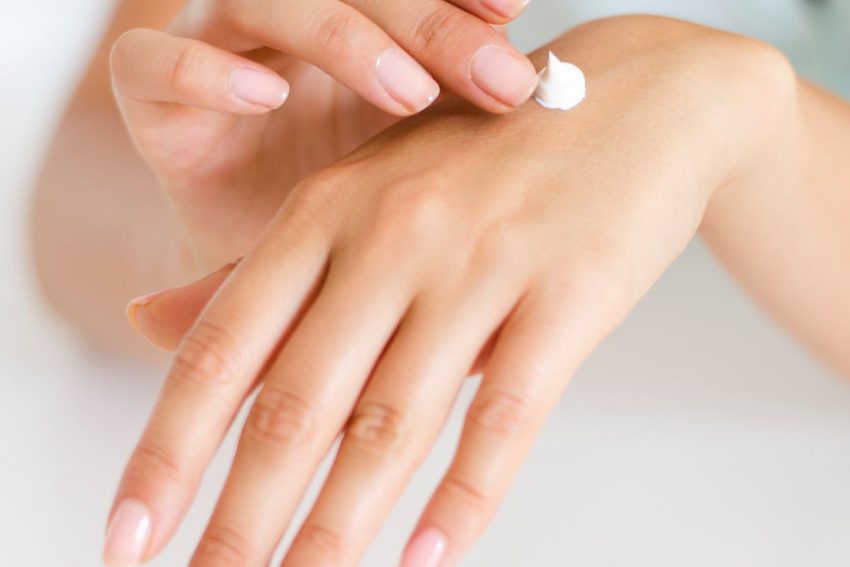
- Consulting with a dermatologist is crucial for personalized skincare advice tailored to individual needs and concerns.
- Dermatologists offer access to medical treatments and advanced procedures, such as laser therapy, for long-term skin relief.
- Estheticians complement dermatological care by providing tailored facials and chemical peels suited to your skin type.
- Carefully selecting skincare products, guided by professionals, is essential for managing acne-prone or oily skin.
- Combining proper product selection with professional treatments, a balanced skincare approach enhances overall skin health and appearance.
Pursuing radiant, blemish-free skin is as old as time—yet often feels as elusive as the fountain of youth. While some seem to glow with clear complexions effortlessly, most battle with a range of common skin issues that can affect not just appearance but confidence and overall well-being. But fear not! This comprehensive guide will explore subtle yet effective methods to address many skin issues and achieve your desired healthy, luminous skin.
Understanding Common Skin Issues
The Battle Against Acne
Acne is a complex condition influenced by genetics, hormones, bacteria, and lifestyle, not just poor hygiene. Effective acne management involves a gentle skincare routine that counteracts its root cause. It’s crucial to avoid harsh products and opt for non-comedogenic, oil-free options to prevent skin irritation and maintain a healthy skin barrier.
Combat Dryness Diligently
Dealing with dry skin involves moisture and the right kind of hydration. Invest in moisturizers containing hyaluronic acid, glycerin, or ceramides. These ingredients help your skin retain water so it stays hydrated from the inside out.
Sensitivity Solutions
For sensitive skin, establishing a routine with minimal products is key. This allows you to identify any potential triggers that could be causing irritation easily. Sunscreen is non-negotiable, but for those with sensitive skin, it can be a challenge to find one that doesn’t sting or cause redness.
Lifestyle Changes for Healthy Skin
Letting Your Skin Get Hydrated
Hydration is the simplest and most effective way to maintain skin health. Drinking enough water can help flush out toxins, keeping your skin clear and refreshed. Make it also a habit to drink regularly to avoid dehydration.

The Rejuvenation of Sleep
During sleep, your body repairs and regenerates cells—including those of your skin. Lack of sleep can lead to dull skin, dark under-eye circles, and more pronounced fine lines. Aim for 7-9 hours of quality sleep each night to reap the benefits of this natural skin health therapy.
Stress Management for a Calm Canvas
Incorporating stress-reducing practices like meditation, deep breathing, or yoga can visibly impact your skin. Lowered stress levels can help reduce inflammation, a common contributor to many skin issues, and promote a more radiant complexion. Additionally, “me-time” is not selfish but rather an investment in your overall health, which will reflect positively in the mirror.
Consider Non-Comedogenic Products
Always read labels carefully, and don’t be swayed by claims alone—look for specific ingredients that don’t aggravate your skin. Authentic acne-safe makeup products are formulated not to clog pores, making them ideal for those with acne-prone skin.
For those with oily or acne-prone skin, seeking out non-comedogenic skincare and makeup can be a game-changer. These products help manage oil production without compromising the skin’s natural barrier, preventing breakouts and maintaining skin health.
Additionally, when exploring non-comedogenic options, consulting with a dermatologist is worthwhile. A professional can provide personalized recommendations based on your skin type and concerns, ensuring you choose products that benefit your skin without causing irritation or exacerbating existing conditions.
Professional Help and Treatments
Seeking professional help for skincare is often considered a pivotal step toward achieving and maintaining a clear and healthy complexion. Dermatologists and skincare professionals possess the knowledge and resources to diagnose various skin issues, from the mundane to the complex.
Treatments such as chemical peels, laser therapy, and microdermabrasion, offered by professionals, can target specific skin concerns more effectively than over-the-counter products. These procedures, designed to rejuvenate the skin, can reduce the appearance of scars, fine lines, and hyperpigmentation, often with noticeable results after just a few sessions.
Additionally, consulting with a skincare professional can help tailor a skincare regimen that aligns with your unique skin type and issues. They can recommend products, routines, and minor adjustments to your lifestyle that can significantly enhance the health and appearance of your skin over time.
Navigating the realm of skincare, especially for those with acne-prone or oily skin, necessitates a careful selection of products and, often, professional guidance. Consulting with dermatologists and estheticians can offer access to personalized advice and advanced treatments, providing a pathway to clearer and healthier skin. A balanced approach combining suitable products with professional insight can significantly improve one’s skincare routine and outcomes.
